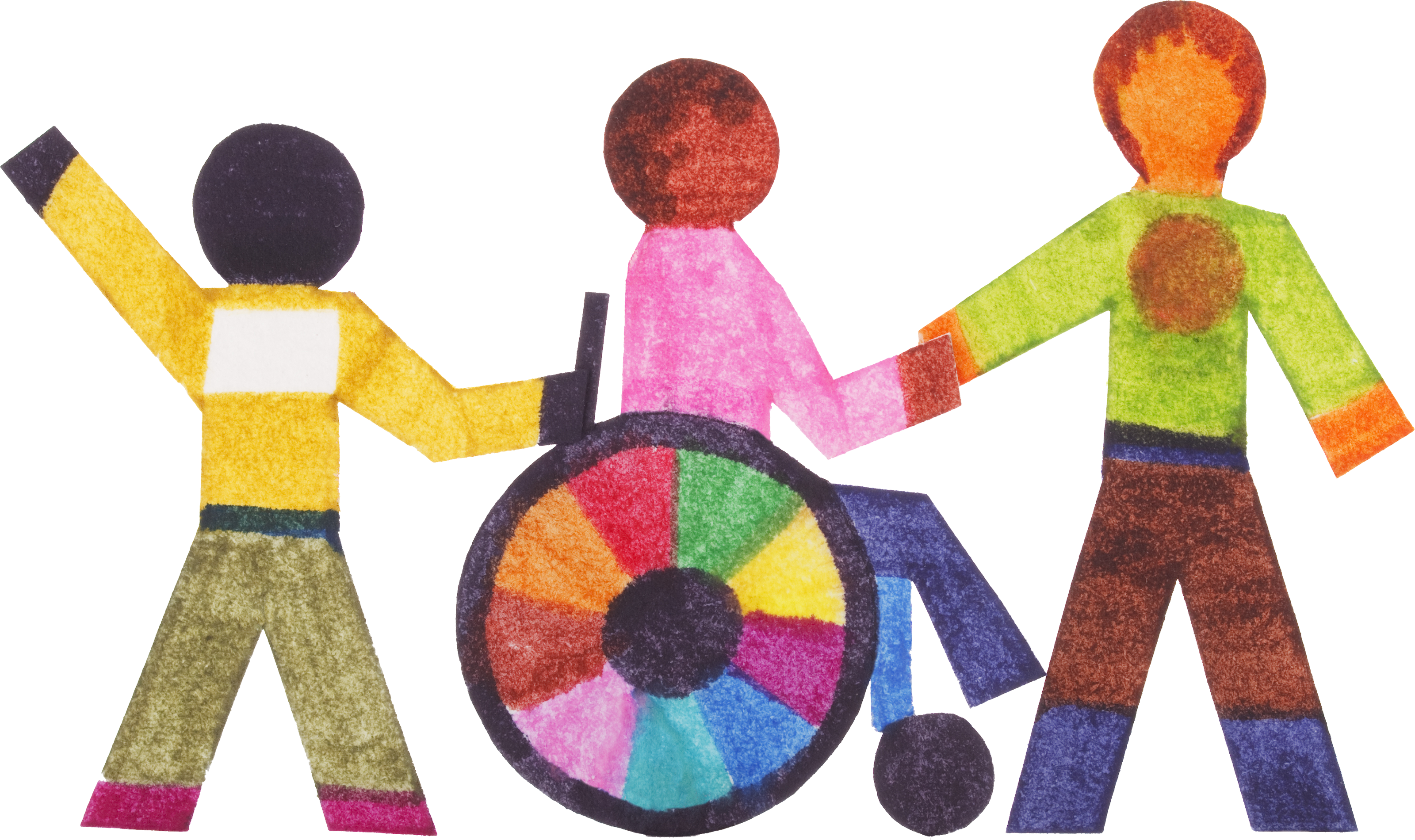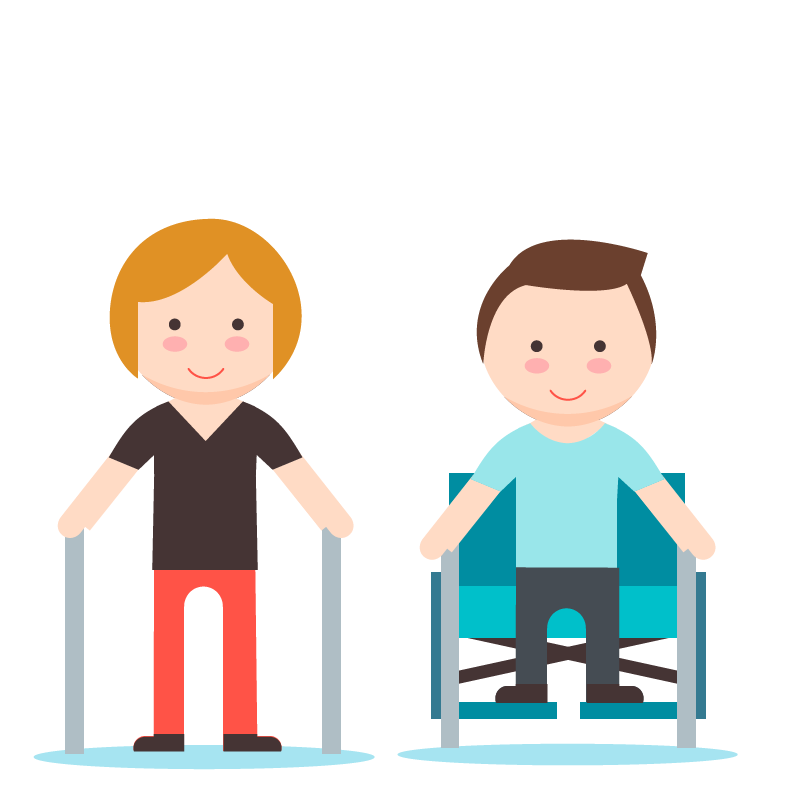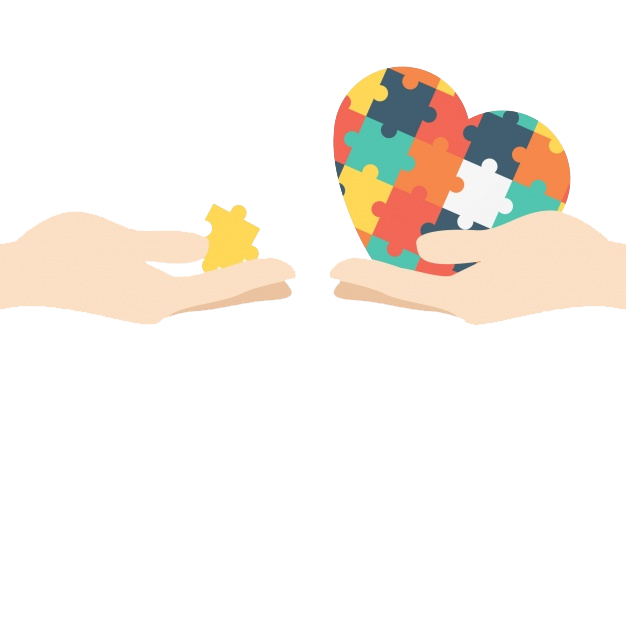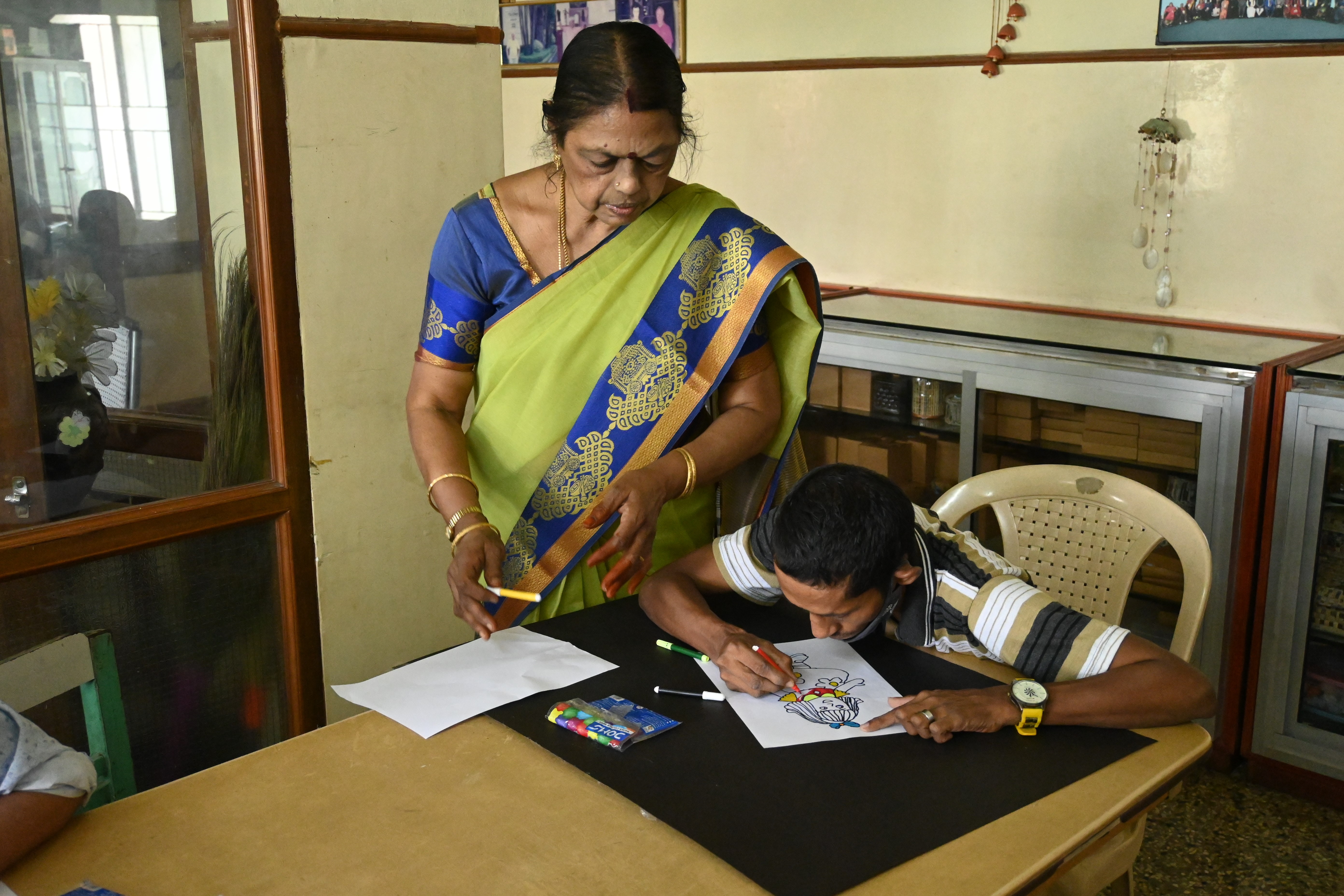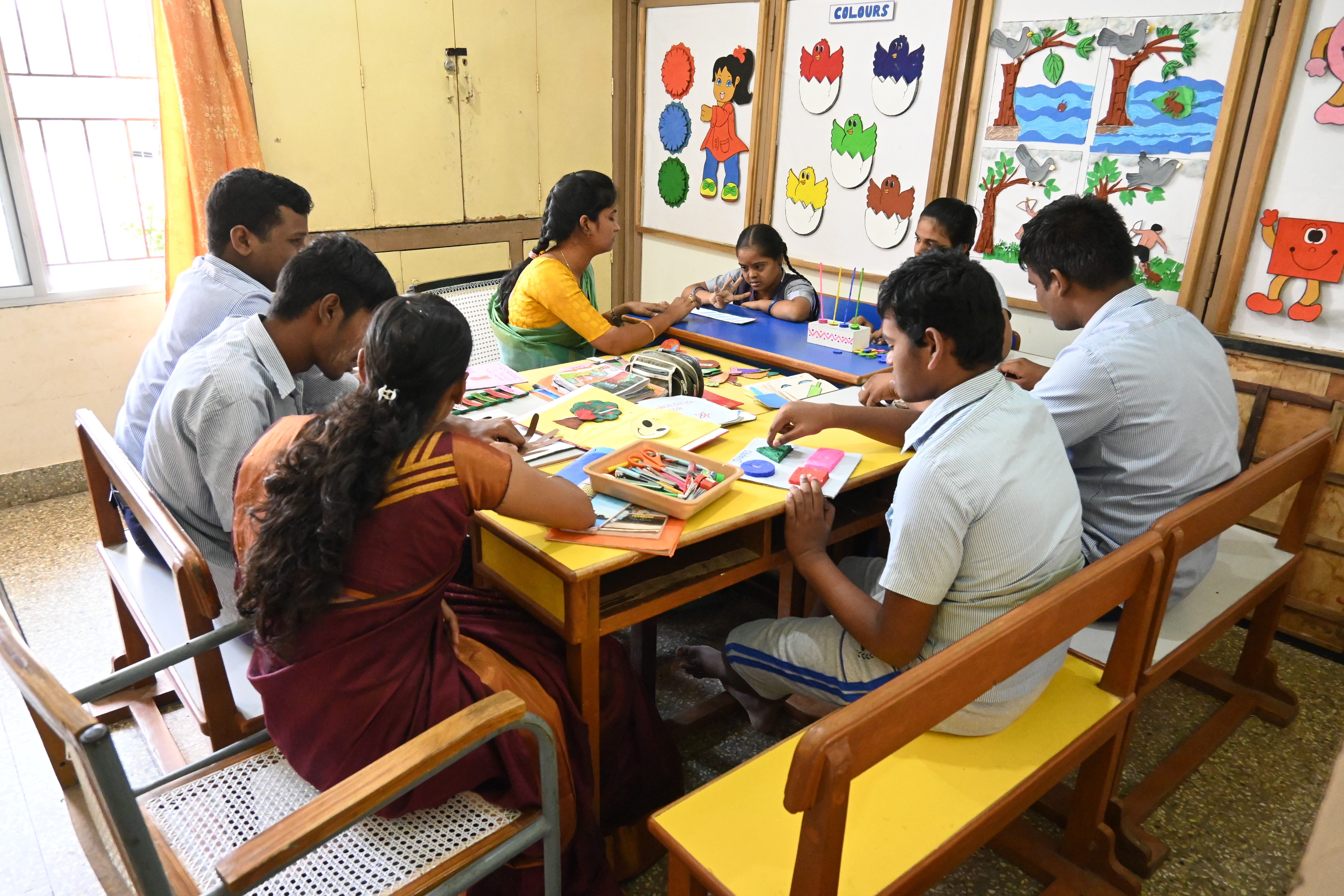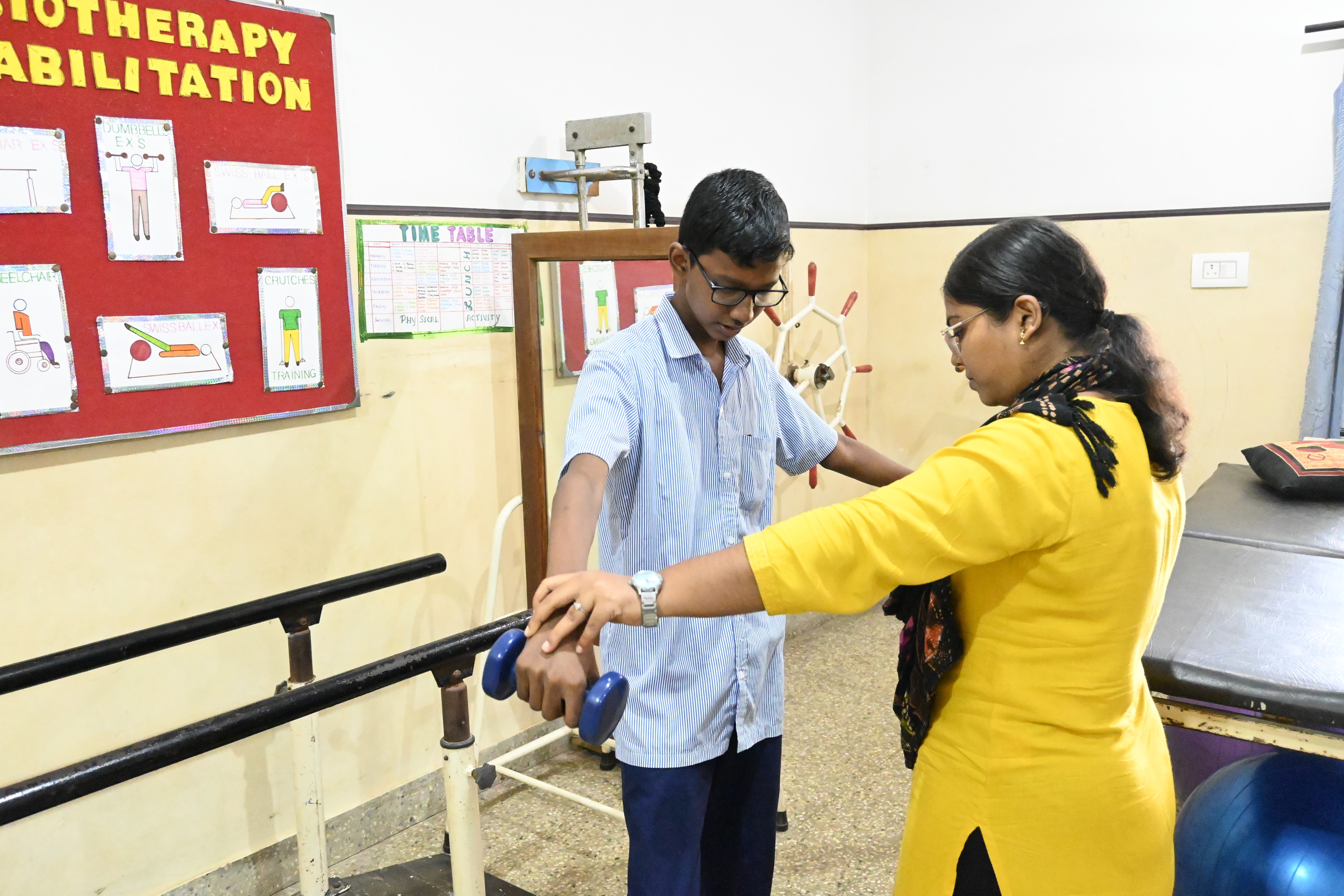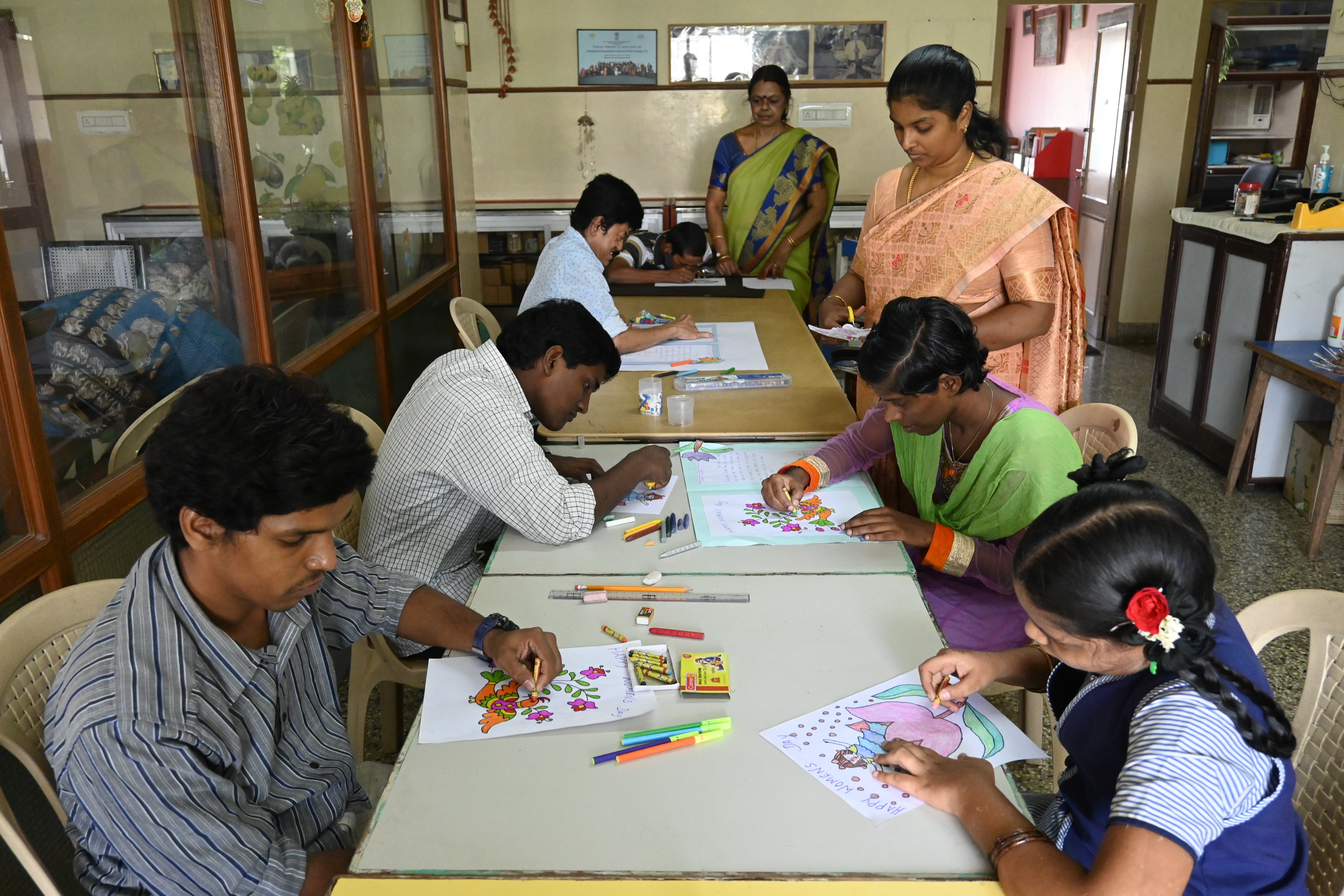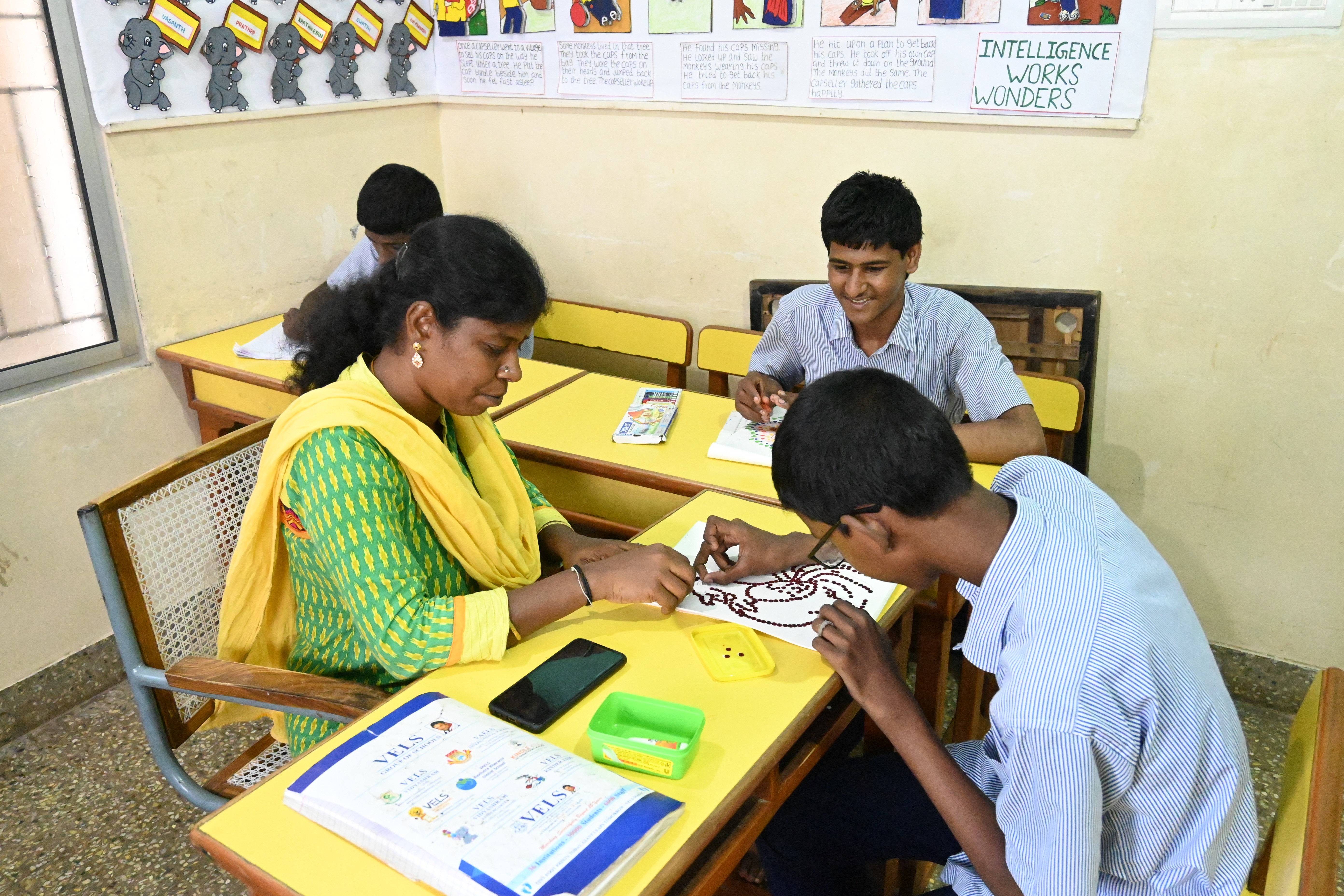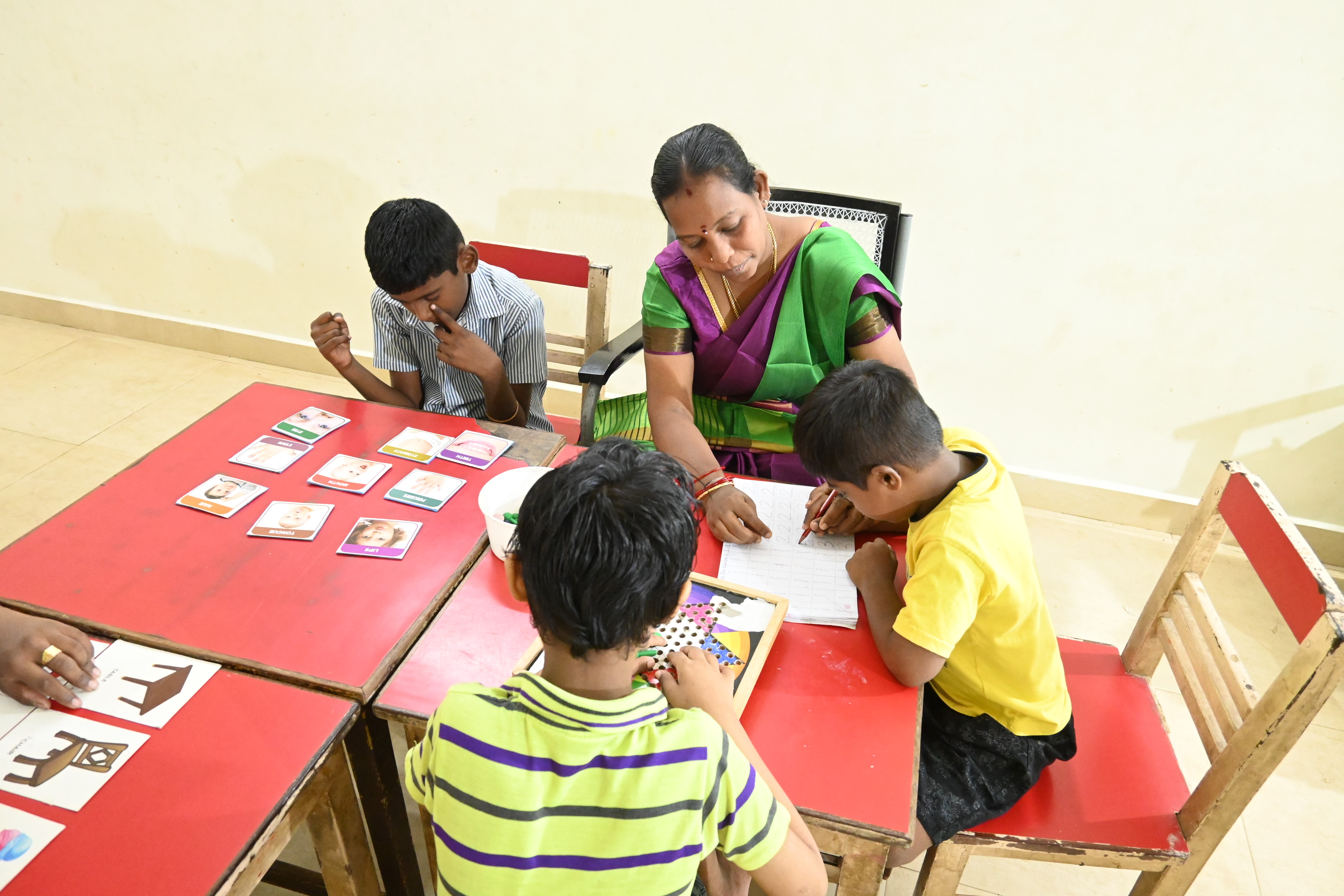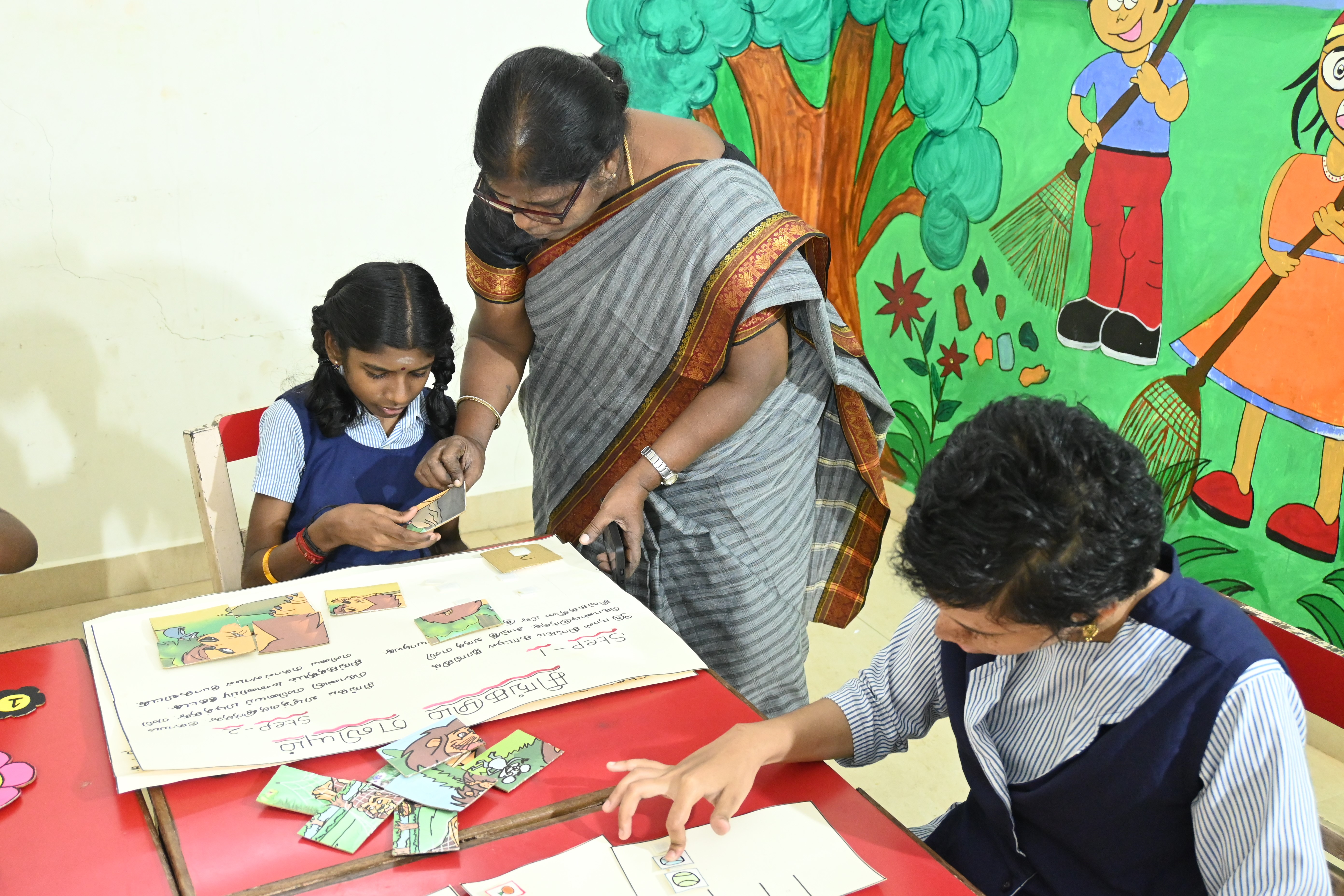Who We Are
About Pathway Centre
Dr. Dathu Rao Memorial Charitable Trust, Pathway Centre for Rehabilitation and Education of the Intellectual Disabled, Chennai, India, is a voluntary, charitable, non-profit organization established in the year 1975. Its purpose is to provide comprehensive care and educational opportunities for mentally handicapped children. Pathway is founded on the philosophy that every individual should be given the opportunity to utilize their potential in order to live with dignity and self respect, regardless of mental or physical limitations. Today over 100 children receive full care at the live-in facility, while another 300 children are seen on daily basis for rehabilitation and educational programs. In Pathway, all children are served for free, without any charges. Prior to being admitted to the centre's Day or Residential program, each child is thoroughly screened and evaluated to assess their level of mental, neurological and physical development. These methods of testing and observation assist in designing a special education and vocational program for each child. Pathway's goal is to offer medical care, special education and vocational training to as many mentally and physically handicapped children and adults as possible. During the last 39 years Pathway has served more than 40000 children and adults with various problems and disabilities. Services that pathway offers for children, special education, speech therapy and audiology, physiotherapy , occupational therapy, medical care, neurological and pediatrics services, psychiatric out-patient services, dental care and treatment, residential care unit, day care programme, pre-vocational and vocational rehabilitation, yoga, literacy program for children, recreational therapy, employment of the disabled.

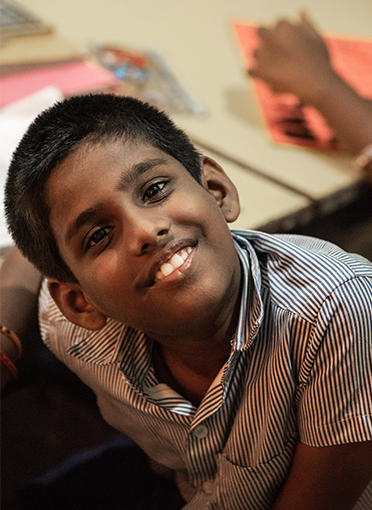

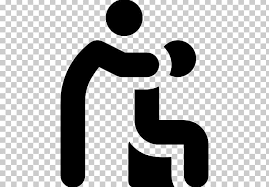






.png)

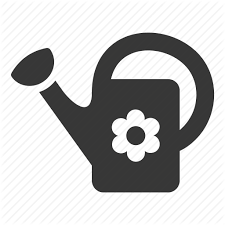

.png)


